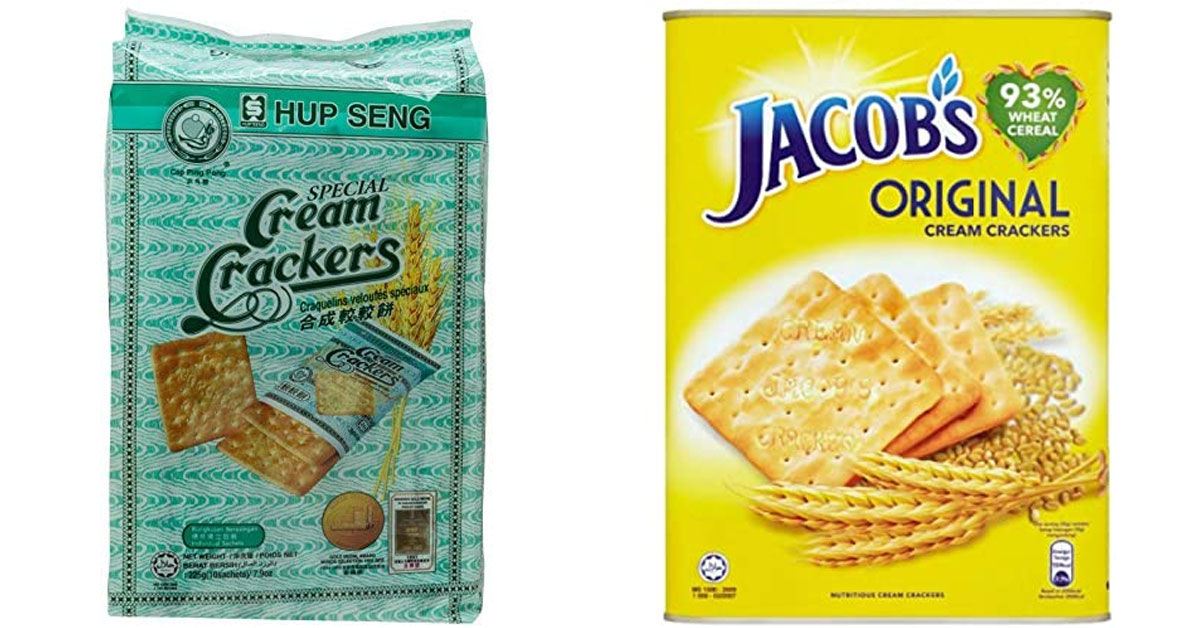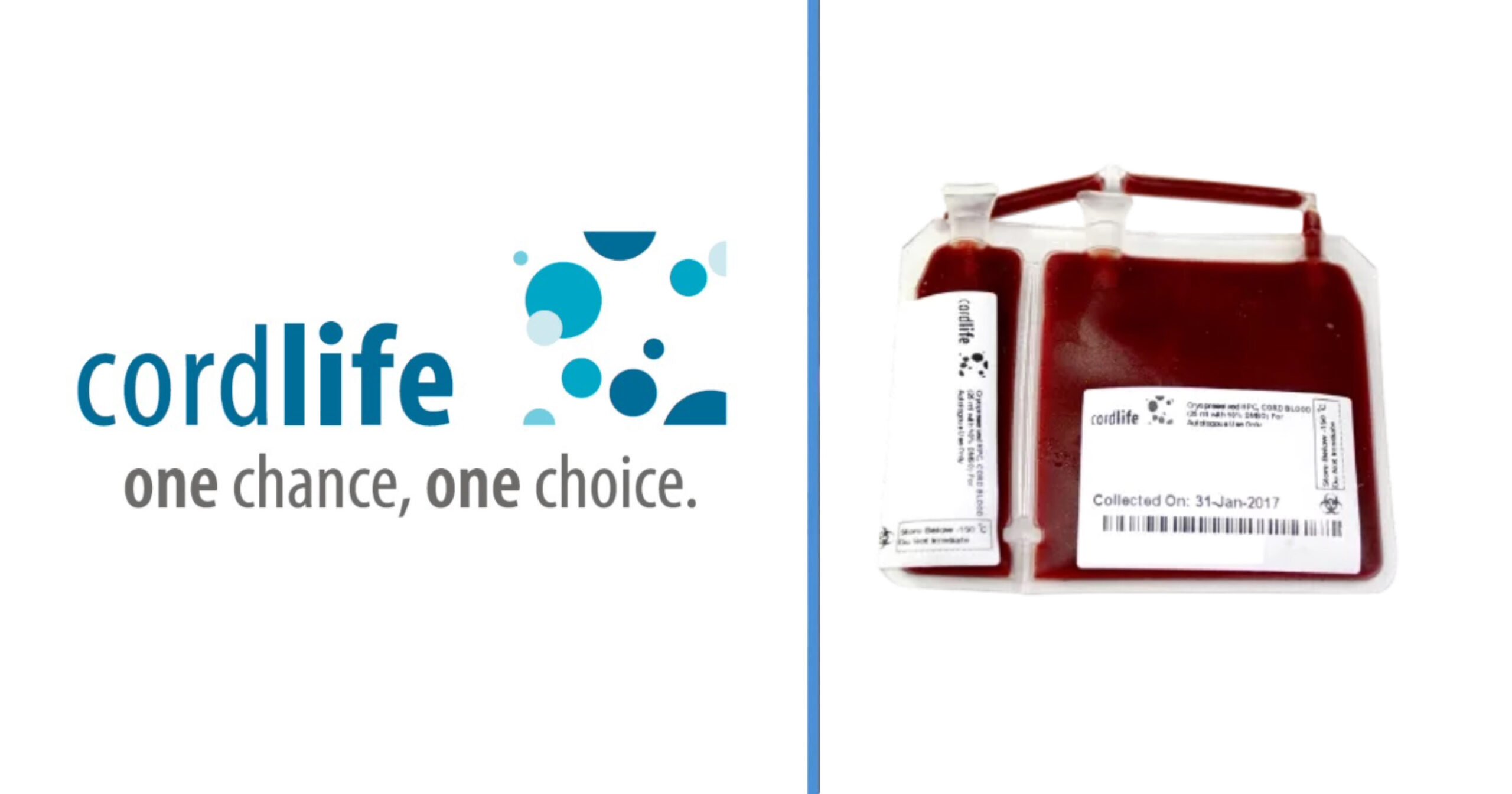After Malaysia’s Health Director General Noor Hisham Abdullah responded to Hong Kong’s cancer warnings about the popular crackers that we all love, the Singapore Food Agency (SFA) has also spoken up.
SFA Responds to Hong Kong’s Cancer Warnings About Popular Crackers Sold in S’pore
SFA posted a statement on its Facebook page saying that it is aware of the whole situation regarding the cancer-causing substances found in the pre-packed biscuits and crackers.
In case you aren’t aware, these are the compounds that were detected:
- Acrylamide
- Glycidyl fatty acid esters (GE)
- 3-MCPD esters
They are described to be genotoxic carcinogens, which basically means that they are chemicals that could damage DNA and cause cancer.
However, according to the International Agency for Research on Cancer (IARC), there is no conclusive evidence that indicates that acrylamide, GE, and 3-MCPD esters can cause cancer in humans.
These compounds are usually formed during food processing when the ingredients are heated up to high temperatures. And since the manufacturing of biscuits and crackers involves food processing at high temperatures, it is not a surprise that the compounds were detected in the samples that the Hong Kong Consumer Council tested.
To add on, the SFA said that there is actually no international standard that specifies the limits for the aforementioned compounds.
The Codex Alimentarius Commission (CAC), the international standard-setting body for food safety, acknowledges that such compounds cannot be prevented from forming. As such, it adopts an approach where manufacturers are required to reduce the presence of these compounds to the best of their abilities. This is, of course, done without negatively impacting the food supply chain.
Those who saw Malaysia’s response to this issue would know that Malaysia’s health ministry’s food safety and quality division determined that the average level of acrylamide was way below the amount set by the European Union (EU) Commission Regulation.
But I thought there wasn’t a specified limit? Why is there one set by the EU?
Well, the reason why there was an amount set by the EU in the first place was to provide some benchmark levels to help guide companies to achieve the standard of “As Low as Reasonably Achievable” (ALARA) set by the CAC.
Instead of setting a maximum limit for such compounds, the CAC, along with Singapore, Australia, New Zealand, and the United States, utilises the Code of Practices for the industry to ensure that levels of such compounds in food are kept to the minimum.
Nonetheless, the SFA will continue to monitor the levels of the substances to ensure that the health of consumers is not negatively affected. It also reminded manufacturers to refer to the CAC’s Code of Practices when it comes to reducing such substances in their food products.
So… Should You Still Eat Them?
Similar to what the Malaysian authorities have said, these biscuits are safe for consumption.
However, SFA recommends doing so in moderation.
It said, “Consumers are advised to avoid the excessive consumption of food processed at high temperatures such as fried, baked, and roasted food.”
Read Also:
- Confirmed: 20YO Student Admitted to be @Sgcickenrice After Being Exposed by Xiaxue
- Ryan Tan’s Current Girlfriend, Cherylene Chan, Released Statement; Said Sylvia Was Lying
- Ryan Tan Responds to Allegations; Here Are 12 Things You Should Know
Featured Image: amazon.com





